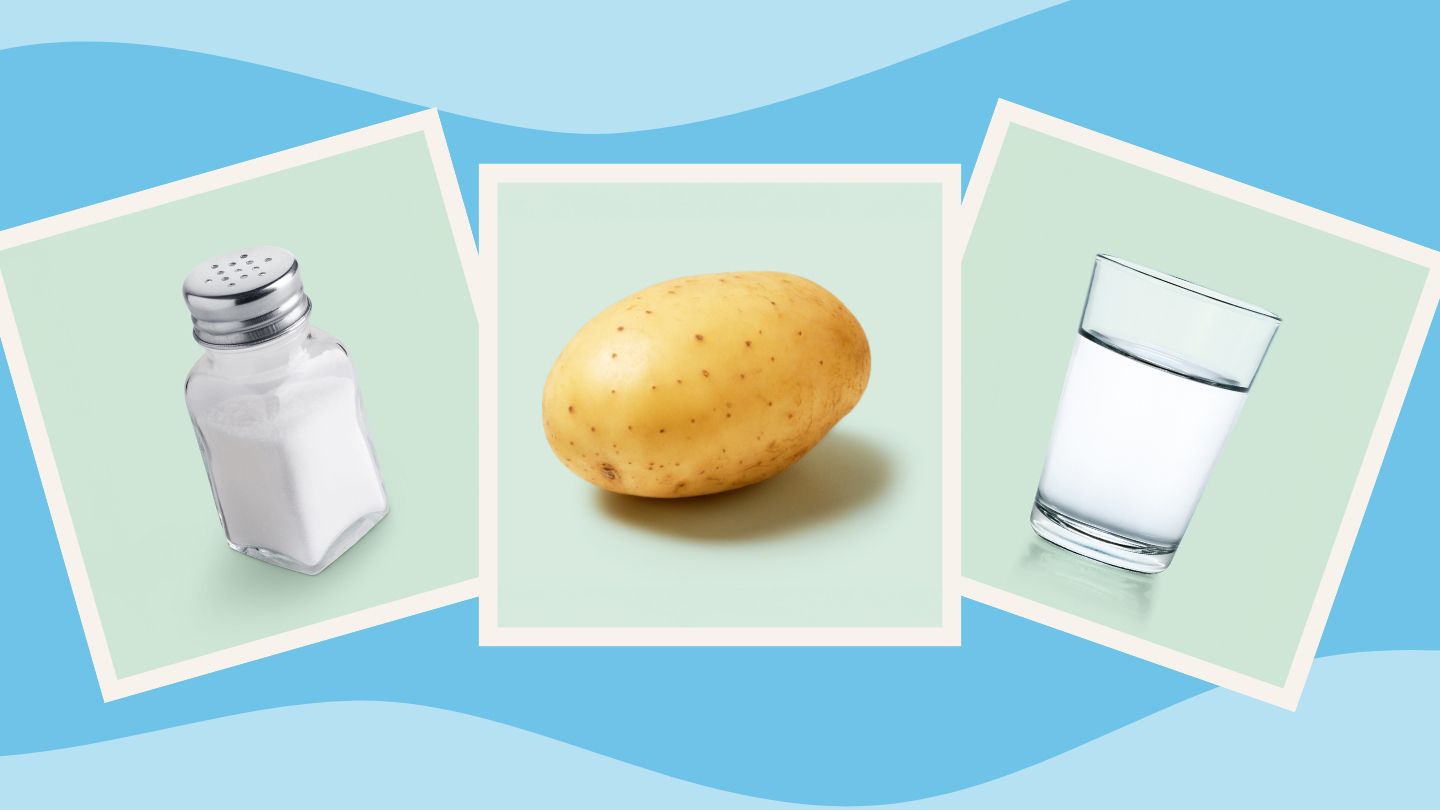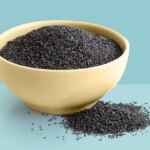High-Creatinine Diet: What to Eat and What to Limit
If testing shows that you have high levels of creatinine in your blood, you may need to change your diet, according to the National Kidney Foundation. It’s a good idea to work with a registered dietitian-nutritionist who specializes in kidney disease management. They can teach you what the best foods are for you based on your specific condition. They can also teach you how to eat smart portions and amounts of those foods.
Typically, eating large amounts of animal-based protein — found in red meat, fish, shellfish like shrimp, chicken and other poultry, eggs, cheese, and yogurt — can affect creatinine buildup. If you have high creatinine, it’s best to seek expert dietary advice on how much protein you should get each day to maintain muscle mass and other key bodily functions without further damaging your kidneys, according to the Centers for Disease Control and Prevention (CDC).
Conversely, plant-based protein appears to have kidney-protective effects, according to a study. It’s a good idea to work with a dietitian to learn how prioritizing more plant sources of protein (such as beans and legumes) to meet your daily needs can support your kidney health as well.
While people with high creatinine levels should avoid eating too much animal-based protein, they should try to eat fiber-rich foods more regularly and, in many cases, in higher quantities. In addition to supporting digestive and gut health, and reducing blood creatinine levels, a diet rich in fiber may also have a preventive effect on associated risk factors of kidney disease, according to research.
According to Mayo Clinic, good sources of fiber in a balanced diet include:
- Fruits and vegetables
- Whole-grain foods like whole-wheat bread
- Legumes
- Nuts and seeds
If your high creatinine levels are an indication that you have chronic kidney disease, you’ll want to be mindful of the fluids and several nutrients that you take in. The idea is to get enough of them to support your body’s various needs, but not so much that they create extra stress on your kidneys.
According to the National Kidney Foundation, here are some key things to be aware of:
- Fluids When poor kidney function decreases how much urine you pass, drinking too much fluid can lead to swelling, high blood pressure, and excess stress on your heart.
- Sodium Similar to fluid, when your kidneys don’t regulate your sodium levels well, too much can cause swelling, high blood pressure, and stress on your heart.
- Protein Getting more protein than you need, especially from animal sources, can create further creatinine buildup in your blood.
- Phosphorus Taking in too much of this mineral can weaken your bones, and damaged kidneys don’t filter it out the way they should.
- Potassium This nutrient is important for both muscle and nerve function, but poor kidney function can cause potassium to build up in your blood — and that can lead to dangerous heart problems, according to the CDC.
Read the full article here




